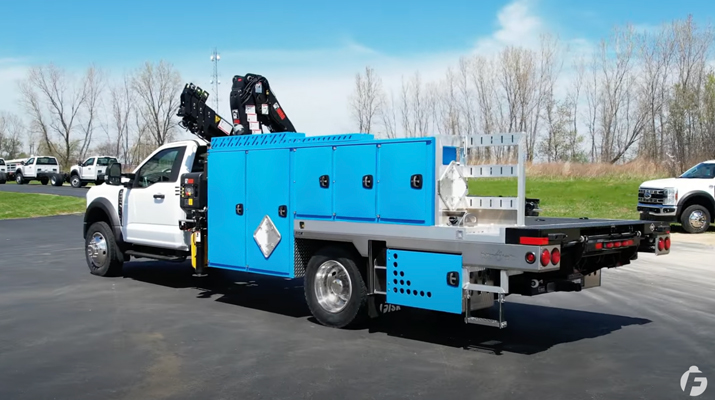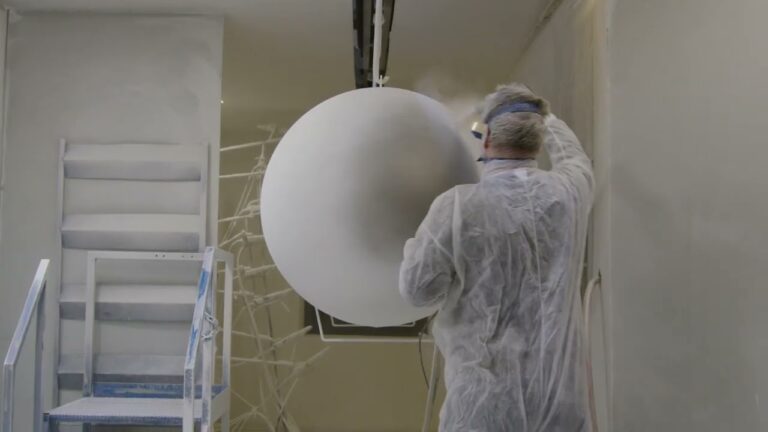PGANE supports renewable propane push
Transcription
“So 2024, one of the big things we’re doing is continuing to educate our policymakers about renewable propane. And in 2023, we had renewable propane debuts in four of our six states. We had already had one the year prior in Vermont, and then we had big debuts where we invited lots of policymakers to come in.
“We had the chair in Massachusetts of the state energy committee that came in and actually attended one of our events. And what was really interesting about that is we were fortunate enough to have one of the new propane-powered generators that charge electric vehicles. And he brought his electric vehicle, we charged it with renewable propane, which in Massachusetts, is cleaner than the electricity. So we had a 77-carbon intensity regular propane. We used renewable propane with a carbon intensity just a little over 20, and we’re able to give him cleaner energy than he’d get off the grid in Massachusetts, which ranges from 100 to 111. He wants us to talk with the state DOT about installing these fast chargers along the Massachusetts Turnpike at all the rest areas because right now they can’t put in electric vehicle chargers of the rest areas because there’s not enough power there. So he was very excited to hear that we had standalone, off-grid units where we could use propane to power generators, that power the batteries, that would power the electric vehicles.
“I think this is a huge opportunity for us, not only to educate people about propane and renewable propane but also to start charging electric vehicles with propane rather than dirtier electricity from the grid. Propane, you know, we’re a very humble industry. We don’t go out, we don’t toot our own horn, and unfortunately, people don’t know about propane and the great benefits of it from an environmental standpoint. And today, there’s such an environmental focus, especially in the liberal states in the northeast, about trying to reach net zero energy goals, trying to clean up the electric grid that they have, and trying to really reduce the carbon emissions for the whole state, and propane gets lumped in with big oil, it becomes an evil fossil fuel.
“And so we’ve really been trying to educate people about how propane is a beneficial waste byproduct, and that if you’re using it, you’re offsetting another energy source, and that it is cleaner burning than other energies and that it doesn’t have methane, that it’s different from natural gas. It’s better than natural gas in terms of greenhouse gas emissions and the life cycle analysis, and this is not known, so letting them know about this and then trying also to tell them about the importance of propane for energy security and for reliability to complement the new grid. So as we have wind and solar, the backup shouldn’t be batteries. The backup should be propane, you know, and there’s more and more need, I think, for people to have that backup full time to back up electricity. So propane really plays that role, and we have to communicate that and make sure we’re part of the solution in the new energy future.
“So our current chairman, Ryan Jackson, with D.F. Richard Energy, suggested a year ago that we start a renewable propane committee, and the board voted and we created a new standing committee for renewable propane, and its job is to educate our members and the public about renewable propane. The attendance at these meetings over the last year, our first meeting, we had 90 people, and we were expecting 45 so we were standing room only. Was very well attended. We’ve moved to a larger room, and all of our meetings we’ve continued to have close to 100 people that show up and then want to learn more about renewable propane.
“So we’ve brought renewable propane into the Northeast, and we brought in a load also that’s not tied to RINs credits. It’s certified by the ICSS as renewable, but it’s going through the EPA RIN certification. But because it doesn’t have RIN credits, it’s not tied to transportation. So it’s being used right now in New England for home heat, for any other application, agriculture, hot water, lots of thermal applications, anything it can be used for, rather than just for autogas. And that’s very important to us, because our states, especially Massachusetts and Vermont, are concentrating on thermal emissions from home heat.
“Having renewable propane as a future solution is really critical for our industry. And our members, are embracing it. They are buying it, mixing small amounts into blends that they have, but publicizing it so that people know you may be using today conventional propane, you may be using conventional propane tomorrow, you know, but at some point when the grid does get cleaner, we can add renewable propane to keep our carbon intensity at a competitive level and to stay clean.
“As an industry, we’ve been slow to adopt the environmental message. We are there today. We’re all in the same agreement, I think, in terms of where we’re going. PERC is pushing renewable propane. PERC is pushing the environmental messaging. There’s an environmental tab right at the top of the new website that they’ve developed that has incredible resources for our consumers and for our marketers to learn about renewable propane. And also to learn about how clean conventional propane is, because we have tons and tons of conventional propane that needs to be used, you know. And I would love to see us use all of that propane rather than waste any of it, and then include renewable blends in parts of the country where we need to for carbon intensity reasons.
“But by and large, the majority of the conventional propane we have is so much cleaner than the energy other people are using. So telling that story is really key for the industry, and I think that’s going to encourage us to get more customers. Because if you look at all the solar panels that have popped up in your neighborhood over the last 10 years, right? If you look at new homeowners coming in, they want a clean energy source, and if we tell the story about our product being clean, we will sell more gallons.”
















